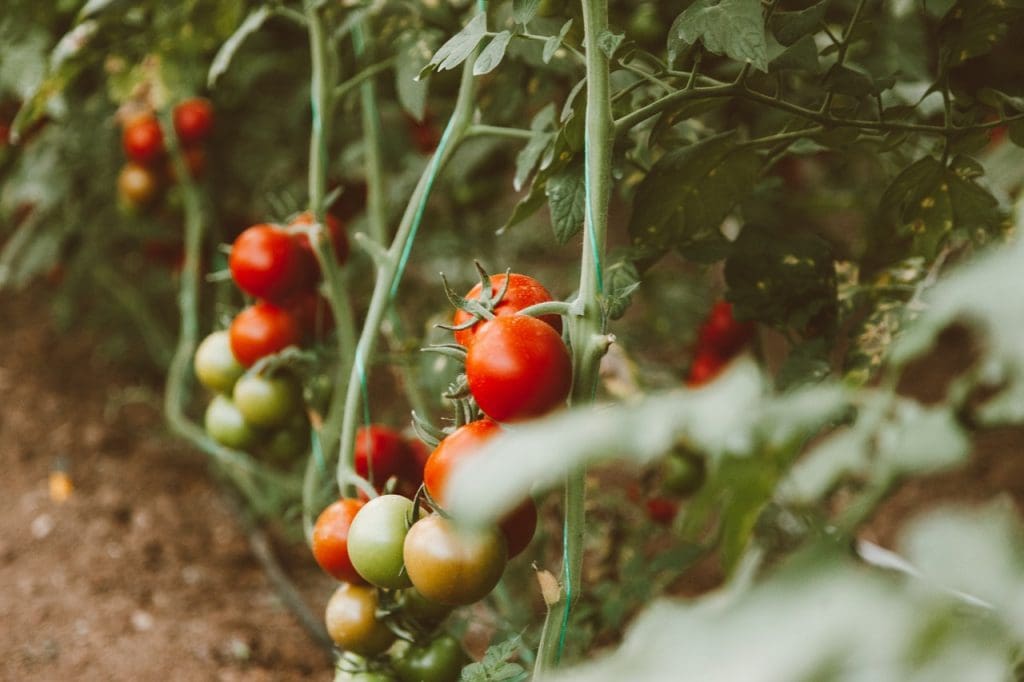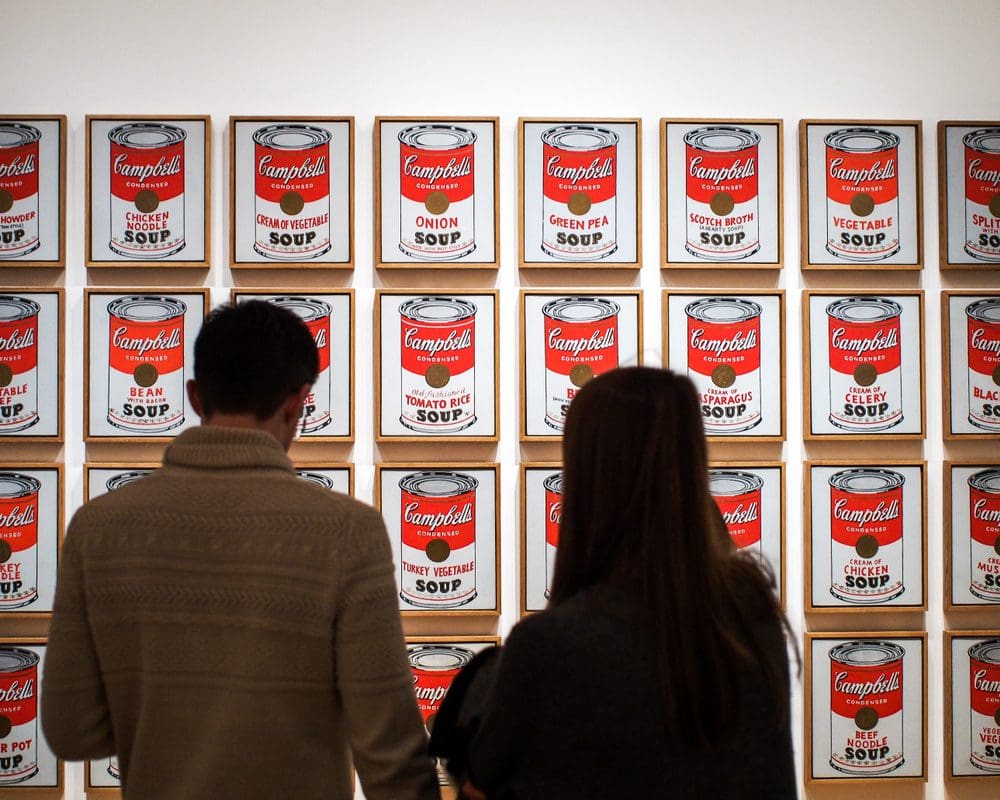Of all the Garden State produce, Jersey tomatoes are perhaps NJ’s biggest claim to fame. Our farms are known for growing some of the finest varieties in the nation, whether eaten on their own, inside a sandwich, or as a base for pizza sauce. But how did tomatoes become so ingrained in New Jersey’s food and farming identity? It turns out that their worldwide reputation is a result of century-old field experiments and agricultural research conducted by the American processed food company, Campbell’s Soup.
Campbell’s Soup Co. Launches Tomato Breeding Program
In 1910, Campbell’s launched a tomato breeding program based out of Cinnaminson, New Jersey. Over a decade prior, in 1897, the company released its first condensed Beefsteak Tomato soup. The product did so well that Campbell’s saw an increase in demand, which ultimately meant they needed more tomatoes.
What many consumers don’t know is that Campbell’s originated as both a tomato vendor and canner. In the mid to late-1800s, they were most known for their condensed soup—a process invented by Dr. John T. Dorrance while he was working at the company. In 1911, they achieved national distribution.
Campbell’s tomato breeding program started as a means of quality control and research. Researchers were looking to develop tomato plants that were better-tasting, disease-resistant and had a higher yield. After many field experiments and agricultural studies, Campbell’s opened a research facility in Camden in 1937. This facility is where some of New Jersey’s most notable varieties came from—including the J.T.D., the Garden State and the Rutgers.
By 1952, fellow NJ processors such as Hunt’s and Heinz began using Campbell’s developed tomatoes. In addition, three-quarters of commercial growers in the United States were harvesting the famous Rutgers tomato.
The Role That Rutgers Played
Unfortunately, the original Rutgers breeding line was not maintained and was believed to be lost. That is, up until 2010. Coincidentally, members of the Rutgers New Jersey Agricultural Experiment Station (NJAES) were working on a research project called “Rediscovering the Jersey Tomato” with Campbell’s Soup when they discovered that the company was still in possession of the original Rutgers seeds. In 2016, the NJAES was able to release a “re-bred version” called the Rutgers 250, using the original seeds, which was meant to coincide with the university’s 250th anniversary.
Back in 1928, when the Rutgers was first bred, the hybrid heirloom tomato variety was a cross between the J.T.D. and Marglobe. Campbell’s passed off their findings to Rutgers professor Lyman Schermerhorn for field trials. In 1934, six years later, Lyman introduced the “Rutgers” variety as a premier processing tomato.

Back in 1928, when the Rutgers was first bred, the hybrid heirloom tomato variety was a cross between the J.T.D. and Marglobe. Campbell’s passed off their findings to Rutgers professor Lyman Schermerhorn for field trials. In 1934, six years later, Lyman introduced the “Rutgers” variety as a premier processing tomato.
Rediscovering The Jersey Tomato Project
The Rutgers seeds weren’t the only tomato seeds discovered back in 2010. Another retro variety the NJAES also stumbled upon that day was the KC-146—or the Campbell’s 46, believed to be most commonly used to produce V8 vegetable juice.
Today, the Rutgers 250 and KC-146 are among two of the long-lost favorite Jersey tomato varieties that the NJAES has brought back from the Garden State’s history. Additional new and improved varieties developed by the “Rediscover the Jersey Tomato Project” include the Ramapo F1 Hybrid tomato and the Moreton F1 Hybrid tomato.
Bear in mind that when Campbell’s was at their peak tomato production, its produce was intended for factory use only. Thanks to Rutgers’ NJAES program, seeds and plants from historic (albeit reintroduced) varieties from the ‘30s to the ‘70s are available to home gardeners and farmers today.
If you want to get your hands on seed packets from these classic Jersey tomato varieties, here’s how.
About the Author/s
Abby is The Digest's Managing Editor. She spends her time looking at dogs on Instagram and eating her way around Jersey City.
